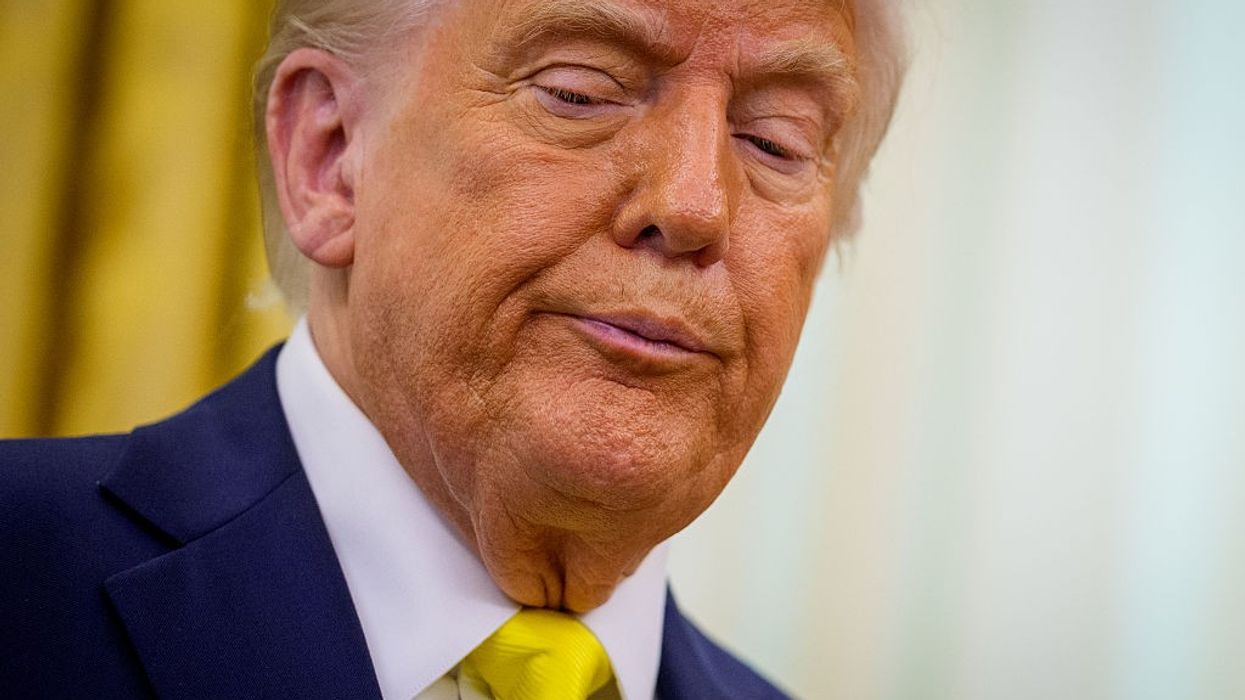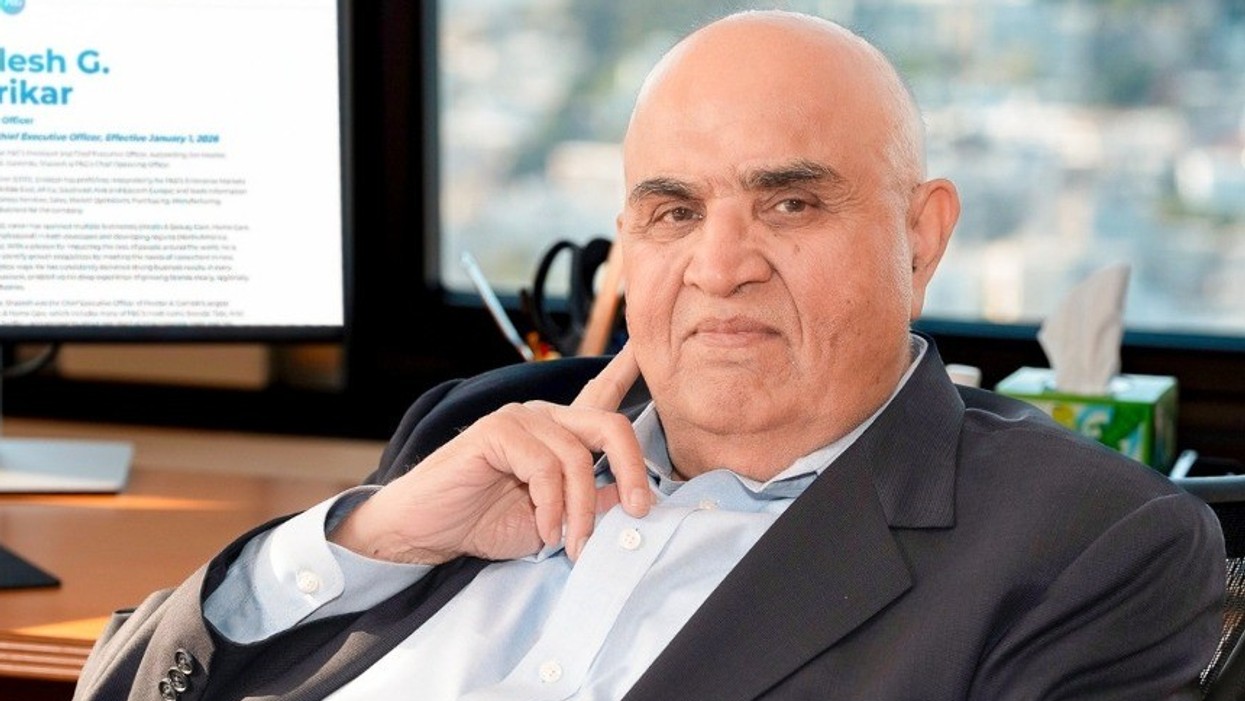President Donald Trump has been diagnosed with chronic venous insufficiency (CVI), a common and generally benign condition affecting blood flow in the veins of the lower limbs. The White House released a statement on Thursday (17) confirming the diagnosis after Trump experienced “mild swelling” in his lower legs in recent weeks. The condition, prevalent among older adults, causes blood to pool in the veins due to weakened vein walls or valves.
“In keeping with routine medical care and an abundance of caution, this concern was thoroughly evaluated by the White House Medical Unit,” stated the official physician in charge of the President’s health.
Examination and Diagnostic Testing
Following the appearance of swelling, Trump underwent a comprehensive clinical examination, which included diagnostic vascular studies to determine the root cause. Bilateral lower extremity venous Doppler ultrasounds were performed and confirmed the presence of chronic venous insufficiency. These tests help assess blood flow in leg veins and identify faulty venous valves, a typical issue in CVI.
The physician emphasized that the condition is common and not cause for alarm, particularly in individuals over the age of 70. Crucially, there were no signs of deep vein thrombosis (DVT) or any arterial disease — more serious vascular conditions that require aggressive treatment.
Bruising on Hand Attributed to Handshaking and Aspirin Use
In response to recent public speculation and images circulating online showing bruising on the back of Trump’s hand, US Press Secretary Karoline Leavitt offered an explanation during a press briefing. She attributed the bruises to “frequent handshaking” and long-term aspirin use, which is a part of Trump’s cardiovascular prevention regimen.
“President Trump takes aspirin to reduce the risk of heart attack and stroke. The bruising is consistent with soft tissue irritation from frequent use of the hands and a side effect of aspirin therapy,” Leavitt explained. She noted that the discoloration was also sometimes slightly more visible due to makeup applied to cover it, which did not exactly match his skin tone.
No Evidence of Serious Illness
The White House emphasized that additional testing revealed no signs of heart failure, kidney dysfunction, or systemic health issues in the 79-year-old president. His overall health remains stable and robust, the White House confirmed.
"The President remains in excellent health, which everyone can witness daily here at the White House," Leavitt declared while concluding the health update and addressing concerns raised by recent photos.
Clarification Aimed to Address Health Speculation
The public release of the diagnosis comes amid heightened public speculation around Trump’s health. At 79, and amid a presidential re-election campaign, any visible health irregularities have drawn attention. By voluntarily disclosing details of his medical checkup, the White House aimed to reassure the public and media.
Leavitt stated, “There’s nothing hidden here. This is simply a benign issue that is quite usual at his age—and now medically addressed.”
Comprehensive Physical Exam Conducted in April
Earlier, in April 2025, President Trump completed his annual physical examination, overseen by more than a dozen specialists. At the time, a three-page health summary was released to the press, which did not mention chronic venous insufficiency. That report confirmed healthy joint and muscle function, normal blood flow, and no signs of swelling. The revelation of CVI appears to have developed after that comprehensive checkup.
Trump Remains in Good Health Despite Minor Concerns
In summing up the update, the White House emphasized that President Trump’s chronic venous insufficiency diagnosis poses no impediment to his daily activities or leadership capacity. He continues to carry out his presidential duties without limitation, and the medical team continues to monitor his condition as part of standard protocol for a man of his age.
The administration reiterated its commitment to transparency regarding the President’s health, especially as routine evaluations continue through the remainder of his term.















